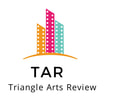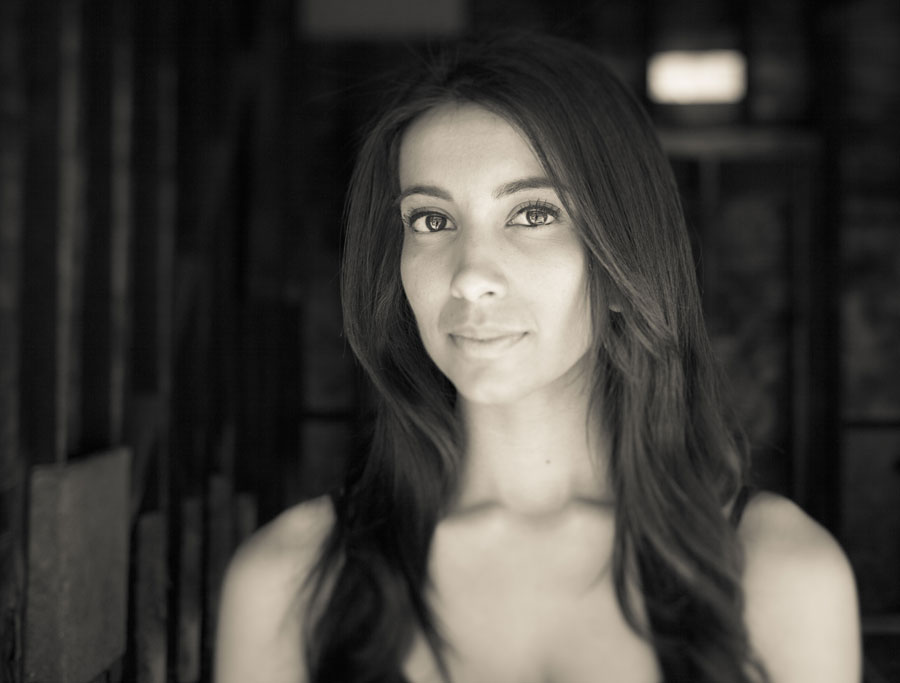|
This Saturday, the Mindfulness in Human Development team, an interdisciplinary research team between Duke University and the University of North Carolina Chapel Hill, will host Yoga in the era of #MeToo, a daylong conference for yoga practitioners, educators, activists, survivors of sexual assault, and anyone interested in the intersection of yoga and social justice. The event will be held from 9am – 4pm on Duke University’s East Campus.
The keynote speaker for this important event will be Zabie Yamasaki, a yoga practitioner, educator, activist, and survivor. She truly believes in the healing power of asana practice and has used it to transform her own trauma. For years, Zabie's unfaltering support for survivors of sexual violence has manifested itself in many forms. She has ultimately made it her life's goal to help empower survivors of assault to regain their strength and self-worth. She is extremely passionate about yoga and its ability to help individuals connect to their emotions, be present on the mat, develop peace of mind, and take the necessary steps to become their truest, most authentic selves. We were lucky enough to speak with Zabie before the big day and pick her brain via five key questions on issues related to her purpose. In what ways does yoga help a woman to recover after sexual assault/sexual violence? Zabie is a woman who strongly believes in the transformative, healing power of yoga. She explains that, “Yoga is a practice that began in India to help transcend suffering.” She goes on to say that, “[This concept] has always been my anchor in doing this work.” Zabie, who has been working for over a decade with survivors and hearing their stories, explains that she is “committed to being intentional in incorporating the body into the healing process.” She explains how, “Yoga can provide a different entry point to seeking safety,” as well as “tangible tools to work through symptoms of PTSD, anxiety, and depression.” She expresses a strong belief that yoga can “help [survivors] manage the painful experiences and triggers they may experience on a daily basis.” As Zabie so eloquently puts it, “Yoga can be a tool for helping to remind us that honoring the choices we have with our own bodies is a daily practice, and that practice can remind us that we are so much more than the darkness we have experienced.” “Yoga,” she says, “can oftentimes serve as a soft place to fall as we navigate what is sometimes a very lifelong process of healing.” After we understood how Zabie feels about yoga and its ability to heal, we wanted to know about the classes that will be offered on Saturday. So, we asked: How are these specialized classes different from a traditional yoga class? Zabie tells us that, “Trauma-informed yoga is essentially an empowering yoga practice.” She says she uses “very invitational and empowerment-based language.” Instead of just going over and putting her hands on someone, she believes in “inviting them to move through their body in a way that feels safe and comfortable.” Zabie tells us that this type of yoga “not only helps survivors reconnect with themselves but reminds them that they are not alone in their struggle. More than anything else, it’s an opportunity for survivors to come together in community. We can breathe together. We can move together. It’s sort of the shared bond and understanding that’s hard to put into words because it’s such a felt experience in the body. This practice is really about noticing ‘where do you feel today? Where do you notice you might be carrying trauma in your body?’ Acknowledging physical sensations and knowing that they can and will dissolve can allow survivors to become comfortable again in their skin.” Now understanding the power of yoga, we were curious about Zabie’s perspectives on other methods through which healing can be achieved. We asked: What other forms of movement/expression would you advise for sexual assault/violence survivors? She explained to us that “healing is really about noticing.” She tells us that “language is critical,” and she wants to use it to “put survivors in control of their practice, empowered to choose whether they want their bodies to be still or explore.” Zabie even related a powerful experience that perfectly showcases how expression can look different for every person, while still being helpful. She says, “In one of my courses, an 11 year old girl would come week after week and crumple into the fetal position and sob. I wanted to hold space for her. If you need the space to feel safe and cry for an hour and 15 minutes, then that’s what you do.” Empowered ourselves by Zabie’s brave answers, we found ourselves eager to learn more about her. We asked: What other forms of activism are you involved in? Zabie is a busy lady with a strong desire to help others. She tells us she is “a founding individual practitioner of The Breathe Network, an organization that connects survivors of sexual violence to holistic healing arts practitioners that offer all services on a sliding scale.” Zabie is also “the Founder of Transcending Sexual Trauma through Yoga, an organization with the mission of empowering survivors to heal through the practice of yoga.” Yoga isn’t Zabie’s only passion either. She also “developed the Violence Intervention and Prevention program within the Greek community at UC-Irvine.” She explains that, “Each organization appoints a VIP chair who is trained on how to support someone after a traumatic experience like sexual assault. They learn prevention strategies and how to engage their community in being active bystanders. It is a proactive rather than reactive approach to understanding what someone may be going through.” Our final question to Zabie was a simple one, but one that we hoped would lead to a statement that contained a lot of power. Zabie didn’t disappoint. If you could say one thing to sexual assault survivors, what would it be? She said, “I love myself. The quietest, simplest, most powerful, revolution, ever.” There’s definitely a lesson in that for all of us. For more information on the workshop, visit embodiedlearningsummit.com
0 Comments
|
TAR
We love the arts. We write about them. Founded 2018. Categories
All
Archives
January 2024
|


 RSS Feed
RSS Feed